We support and connect with many people who have Down’s Syndrome and although there are some differing views, there is support for the Bill for the reasons set out below. As a charity designed to serve the needs of all people with a
learning disability
 A learning disability is to do with the way someone's brain works. It makes it harder for someone to learn, understand or do things.
, there are things, of course, that we would have done differently had we been more involved at an earlier stage in the development of this Bill. For example, we would have made it applicable to everyone with a learning disability and we would have framed it in the language of a social, rather than a medical model. We would have gone to greater lengths to engage more people with lived experience.
A learning disability is to do with the way someone's brain works. It makes it harder for someone to learn, understand or do things.
, there are things, of course, that we would have done differently had we been more involved at an earlier stage in the development of this Bill. For example, we would have made it applicable to everyone with a learning disability and we would have framed it in the language of a social, rather than a medical model. We would have gone to greater lengths to engage more people with lived experience.
However, that should not detract from the situation we now find ourselves in; an opportunity has arisen due to a small group of families working hard to persuade a
Member of Parliament
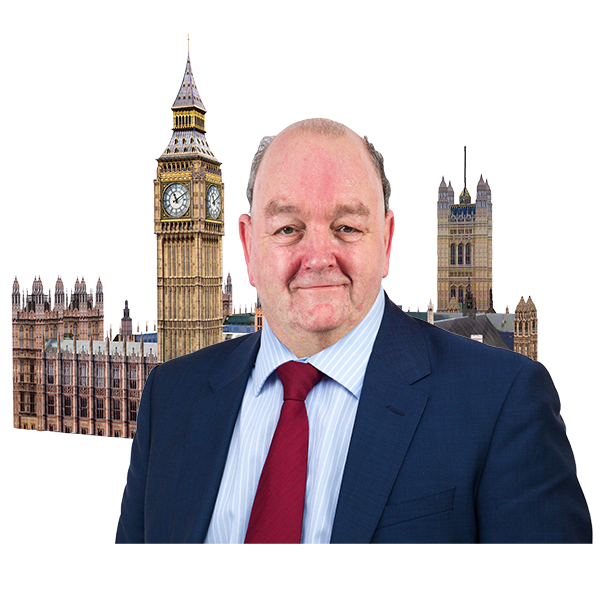 A Member of
Parliament
A Member of
Parliament
 Parliament is a group of people who make laws and check what
the government
Parliament is a group of people who make laws and check what
the government
 The Government are the people who run the country. The Government decide how much tax people should pay and how things like the National Health Service (NHS) should work.
is doing.
(MP) is a person who speaks up about what people in their area need. People in each area choose their MP by voting for them.
to enter the private member ballot and Dr Liam Fox was fortunate to be chosen above others.
The Government are the people who run the country. The Government decide how much tax people should pay and how things like the National Health Service (NHS) should work.
is doing.
(MP) is a person who speaks up about what people in their area need. People in each area choose their MP by voting for them.
to enter the private member ballot and Dr Liam Fox was fortunate to be chosen above others.
Rather than oppose this progress, we are looking optimistically at what this could lead to in the future.
Since the Bill has become somewhat controversial I, and others at Mencap, have listened carefully to all the arguments put forward and we still feel that this Bill has the potential to benefit people with a learning disability. As the mother of a man who has
Fragile X Syndrome
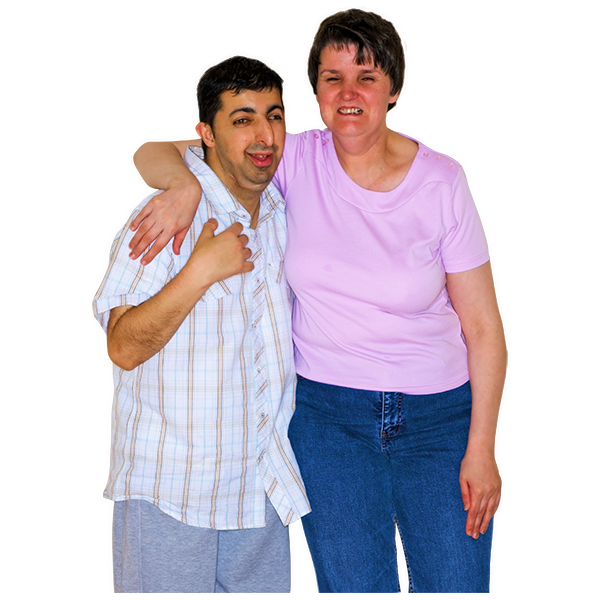 Fragile X syndrome is a condition which some people are born with. It can affect how people learn, communicate, or behave.
, I have also asked myself if I would have supported a Bill focusing on Fragile X and ignoring the needs of others who have a learning disability. Whilst there are specific issues unique to Fragile X Syndrome such as genetic testing, choice for women like me who carry the gene, early diagnosis, and specific educational needs, there are many common experiences such as access to adequate social care and support to access other services. But would I want an opportunity to raise the profile of people living with Fragile X - yes, I would. Would I hope that in talking more about the experiences of people living with the Syndrome things would improve for all people with a learning disability - yes, of course. And would I fight for all my son's friends and everyone else with a learning disability to be treated equally - yes, I would. That is the approach of the vast majority of our supporters who
campaign
Fragile X syndrome is a condition which some people are born with. It can affect how people learn, communicate, or behave.
, I have also asked myself if I would have supported a Bill focusing on Fragile X and ignoring the needs of others who have a learning disability. Whilst there are specific issues unique to Fragile X Syndrome such as genetic testing, choice for women like me who carry the gene, early diagnosis, and specific educational needs, there are many common experiences such as access to adequate social care and support to access other services. But would I want an opportunity to raise the profile of people living with Fragile X - yes, I would. Would I hope that in talking more about the experiences of people living with the Syndrome things would improve for all people with a learning disability - yes, of course. And would I fight for all my son's friends and everyone else with a learning disability to be treated equally - yes, I would. That is the approach of the vast majority of our supporters who
campaign
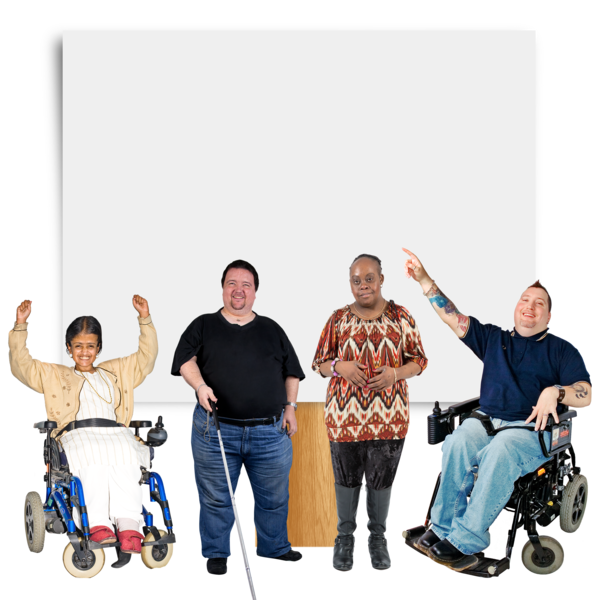 A campaign is when people work together to try to change something.
for Homes not Hospitals, better social care or to tackle health inequalities whether they benefit directly or not.
A campaign is when people work together to try to change something.
for Homes not Hospitals, better social care or to tackle health inequalities whether they benefit directly or not.
We all know that people with a learning disability don’t always get access to the public services to which they are entitled. And when these services are stretched, as they are now, they are more likely to lose out to people who are better able to argue their case or navigate the technological world which is now often the gate keeper to public services.
The shocking statistics speak for themselves. People with a learning disability die on average 25 years earlier than the general population, there are 1200 avoidable deaths every year and only 6% of people known to Local Authorities are in
employment
 Employment means having a job.
…. I could go on, but most of you will be painfully aware of all this.
Employment means having a job.
…. I could go on, but most of you will be painfully aware of all this.
The
Down Syndrome
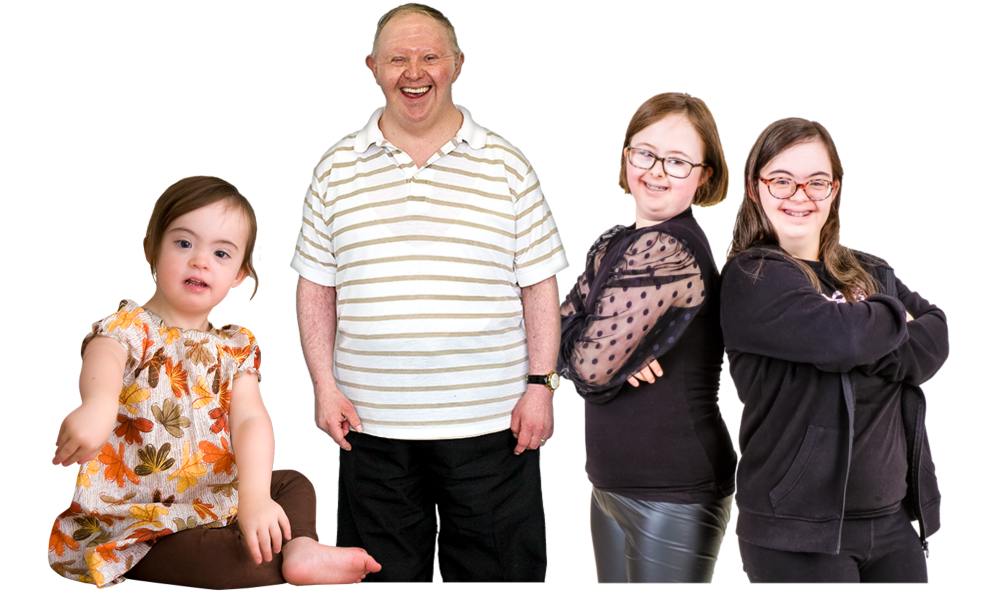 Down syndrome, also known as Down's syndrome, is a type of disability. People with Down syndrome may find it hard to learn new things and may need support. They may have more problems with their health too.
Bill serves to remind public bodies of their duties – and gives an extra piece of ammunition to people and families who are fighting to get the support they need. Once enshrined in law, we will then make the case that this should be applied to everyone with a learning disability. These are all issues we have already raised with Dr Liam Fox and with our colleagues at DHSC.
Down syndrome, also known as Down's syndrome, is a type of disability. People with Down syndrome may find it hard to learn new things and may need support. They may have more problems with their health too.
Bill serves to remind public bodies of their duties – and gives an extra piece of ammunition to people and families who are fighting to get the support they need. Once enshrined in law, we will then make the case that this should be applied to everyone with a learning disability. These are all issues we have already raised with Dr Liam Fox and with our colleagues at DHSC.
The real prize here is that the Bill provides a rare opportunity to open up a bigger conversation that will hopefully lead to a cross Government learning disability
strategy
 A strategy is a plan to show what an
organisation
A strategy is a plan to show what an
organisation
 An organisation are a group of people who work together.
, or a person, wants to do and how they are going to do it.
– a successor to Valuing People which received such widespread support.
An organisation are a group of people who work together.
, or a person, wants to do and how they are going to do it.
– a successor to Valuing People which received such widespread support.
As with any Bill, there are organisations and individuals engaging in the debate who have political affiliations. This has fuelled speculation that there is some sort of sinister
agenda
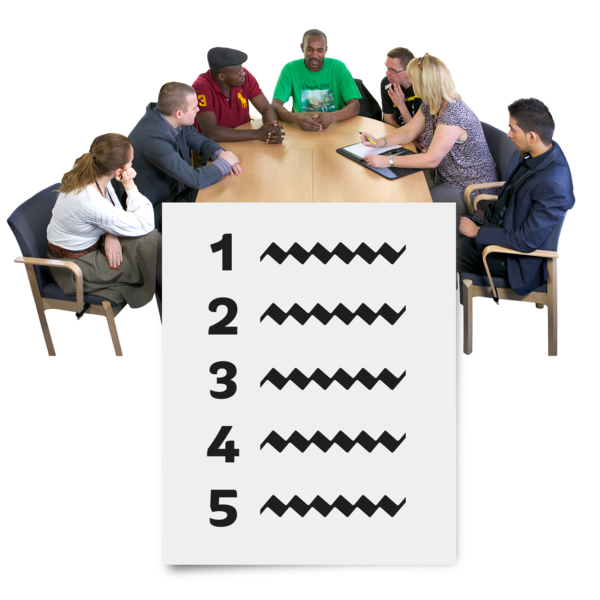 An agenda is a list of things to talk about at a meeting.
behind it, or that it contains measures that infringe women’s reproductive
rights
An agenda is a list of things to talk about at a meeting.
behind it, or that it contains measures that infringe women’s reproductive
rights
 Rights are the things everyone should be allowed to do like have a say, or go to school.
. We have scrutinised the Bill and see no evidence of such an agenda; Mencap would never offer our support if we had.
Rights are the things everyone should be allowed to do like have a say, or go to school.
. We have scrutinised the Bill and see no evidence of such an agenda; Mencap would never offer our support if we had.
People with a learning disability and their families are entitled to have personal political views and to exercise them. But the important thing here is that political differences of opinion do not get in the way of focusing on our unifying purpose which is for the UK to be the best place in the world to live a happy and healthy life, if you have Down's Syndrome, Fragile X Syndrome, or any other form of learning disability.
 Edel Harris
Edel Harris